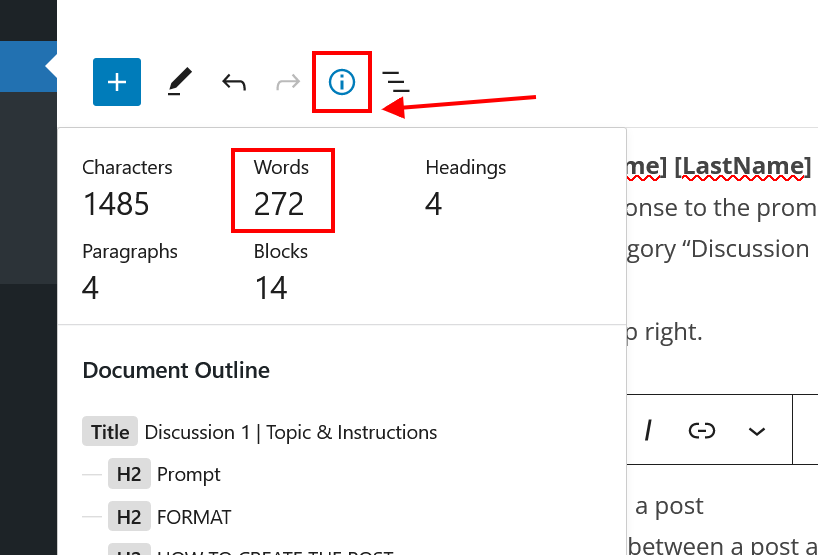In Beyond the Gender Binary, Alok Vaid-Menon highlights the many ways in which gender-nonconformity is dismissed, ridiculed, and invalidated, and just how much damage gender roles and gender policing – bigotry and transphobia – inflict on our society. To Alok, moving beyond the gender binary suggests working towards a better world where everyone is treated with respect, regardless of their gender. This respect would allow people to be their true, authentic selves without any shame, and free us all from the various norms that harm us immensely. The norms that isolate, violate, and oftentimes kill. Moving beyond the gender binary – completely breaking down and rejecting these societal norms, making room for change and acceptance – will help everyone thrive. It is absolutely crucial to the process of ensuring a happier, safer, and fulfilling future. That is the future that Alok strives for.
I am a cisgender woman who performs femininity in most cases. I am aware of the privileges that this grants me, and how society will more often than not reward me for the way I choose to present myself. However, I wasn’t always like this. There was a long period in my life in which being feminine made me feel weak. It was considered shameful. Liking pink, and expressing giddiness and a fondness for My Little Pony was about the most embarrassing thing ever. Being intense and passionate was only considered okay for certain things. People just adore to make girls feel small, annoying, and idiotic, don’t they? And of course, if you were a boy who happened to enjoy those things, you were considered worse.
Because of this, as a younger girl, I would feel inclined to look down upon traditionally feminine interests and hobbies. I expressed a strong distaste for all things pink and shimmery, even though I wanted it so bad. Once I got older, I finally felt at peace with being openly feminine. Interestingly, I began to notice that people tended to assume things about me as a result – that I was naive, ditzy, and innocent. It only got worse when I shared to a few people that I was queer. I then received very disgusting and perverse requests from people who I called my friends.
I suppose that the reason as to why I perform femininity goes beyond just liking dresses and frills. It just makes life easier, especially since I don’t feel so feminine without the extra touches. For example, people are a lot nicer when I shave. They don’t stare nearly as much. I really wish I didn’t care what people thought of me, but I’m getting there, slowly, every day. I hope everyone can get to that point one day. We all deserve to thrive.

